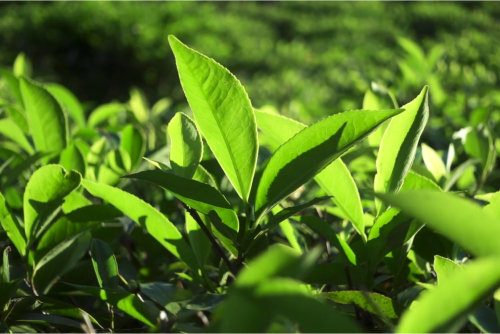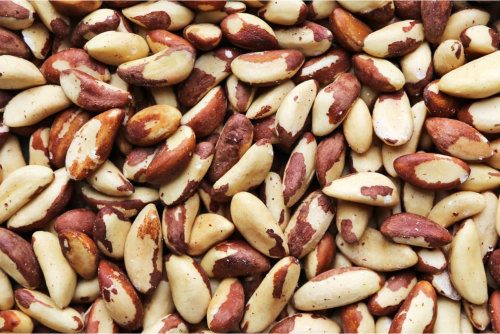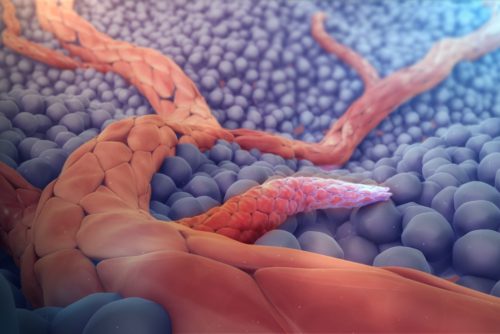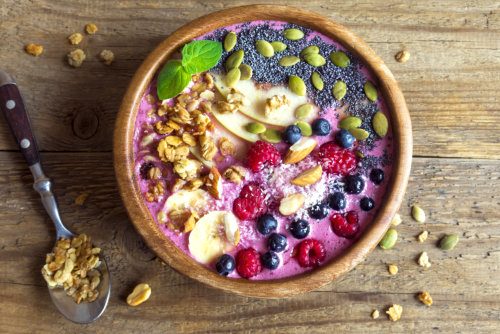Learn about two critical cancer-blocking substances contained in the crucifer vegetables, their proven effects on cancer, and how to use them for maximum results.
Here we answer the questions: Which berries are best? How do they work against cancer? (More than just a pretty antioxidant!). Which cancer types are most affected? How many to eat?
We examine the scientific evidence, the many mechanisms of action, the secrets to improved absorption, and ways to enjoy it!
Key information on human population and lab studies, anticancer chemistry, how to use it in the kitchen, and how much you need.
All about the power of Omega-3 oils and lignans from flaxseeds as part of your armamentarium: evidence, actions and preparation.
I discuss the different types, the research in animals and humans, how beta-glucans in mushrooms prime your immune system against cancer, and how to practically apply all this.
Discover the difference between the kinds of tea, the evidence for green tea against specific cancer types, how it works at a cellular level, and critical keys to proper preparation.
Learn about the many anticancer molecules in grapes (not just resveratrol), sources of resveratrol (how good is red wine really?), and how to choose the best grapes to eat.
What is selenium, and where can we get it? Scientific evidence for its role against cancer, how it works, and a word on supplements.
I present the research on carotenes and lycopene, the ways they block cancer, the importance of variety in your diet, and practical tips to optimize their benefits.
Beneficial bacteria in the gut play a role against cancer in the bowel and beyond.
Learn the best sources of the right fibre, and the many ways that it prevents cancer
The association between iodine and cancer. Where do you get it and is it enough?
Additional common fruits that are superfoods worth including in your defense.
Beyond the Top Ten: spinach, legumes, spices, and others - the importance of diversity.
The cancer risk from refined carbs, and why your shape matters.
Yes, these things do increase cancer risk, but how much is too much?
Anticancer food with every meal. Plan breakfast and snacks. Learn to judge what’s on a plate. Shop with a strategy.
Nutrition is a foundational component of your plan whatever else you may be doing, but make sure you draw in the benefits of exercise, sunshine, and making your mind your friend.
Use your diet to starve cancers by cutting off their blood supply.
Turn on the body’s natural mechanism for removing defective cells.
Understand genetic mutations in cancer, and how they can be counteracted by specific foods.
Dietary nutrients can block the dangerous chemical messengers that fire up cancer cells.
Inflammation promotes cancer but the right foods cool it down.
Some bad genes can actually be turned off to reduce cancer risk.
There is a toxic soup around cancer cells that stimulates their progression. Nutrients from food play a role in counteracting it.
The cells at the heart of a cancer that survive other treatments and start growing again later can be targeted by particular foods.
The incredible power of physical movement against cancer. What to do and when.
Good for your bones, but did you know that it prevents cancer too? Are you getting enough?
Breakfast can be a crime scene. Consider some better choices.
Breakfast can be a crime scene. Consider some better choices.



































